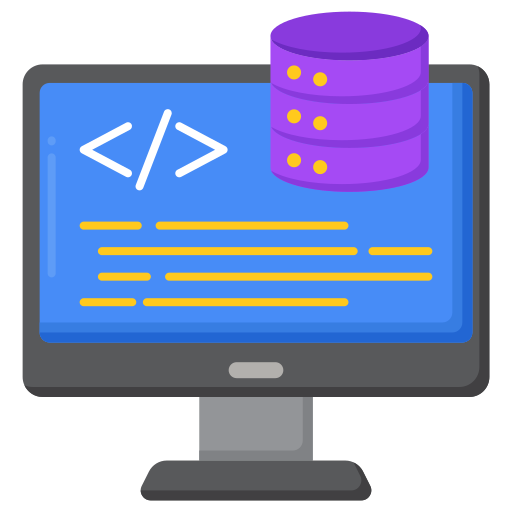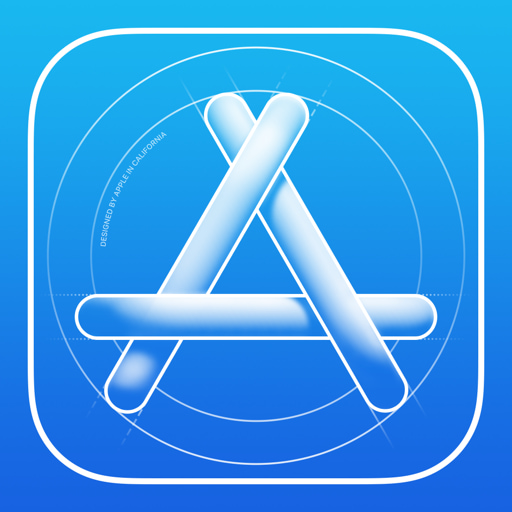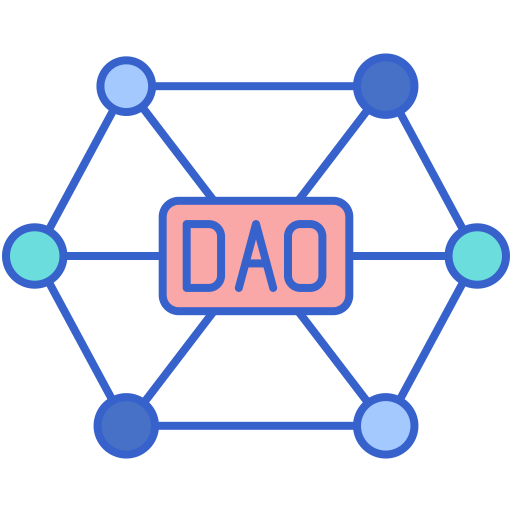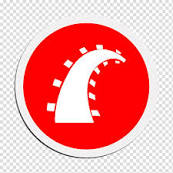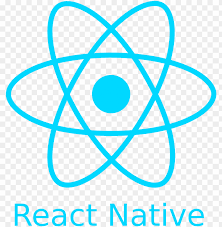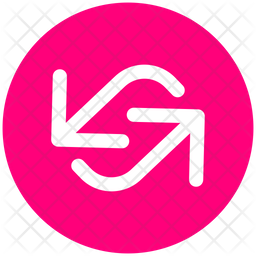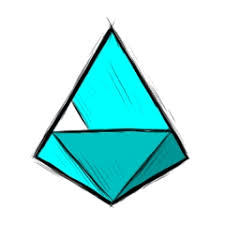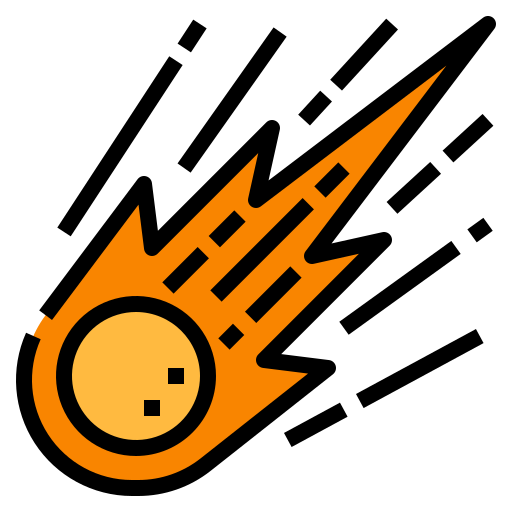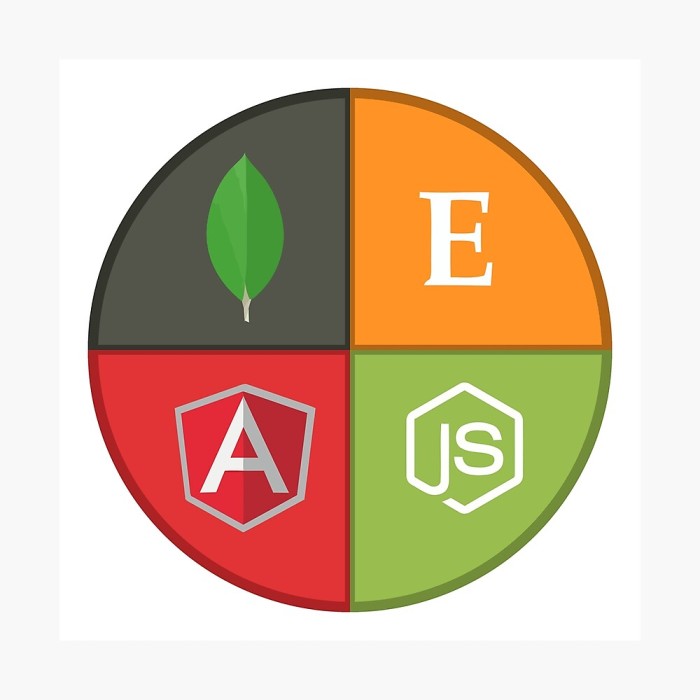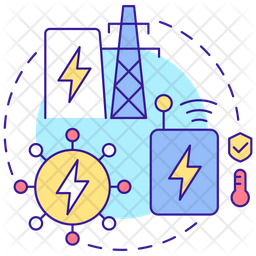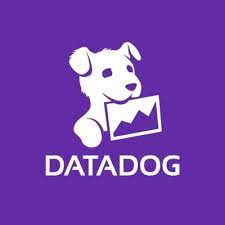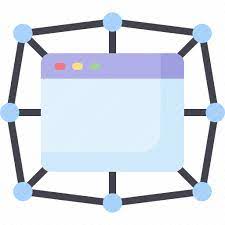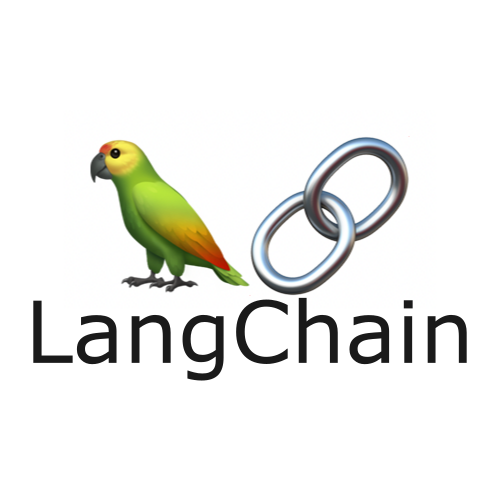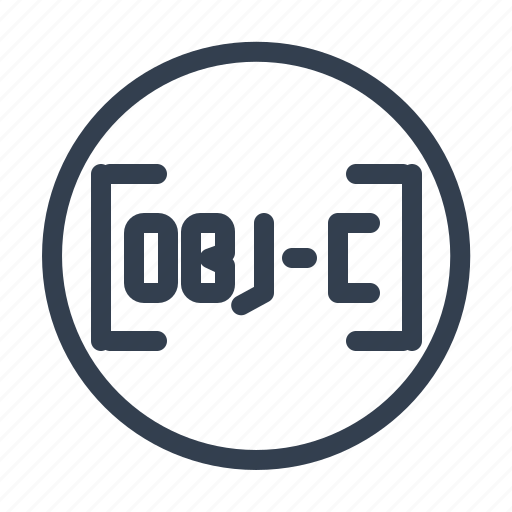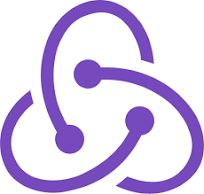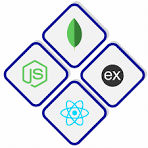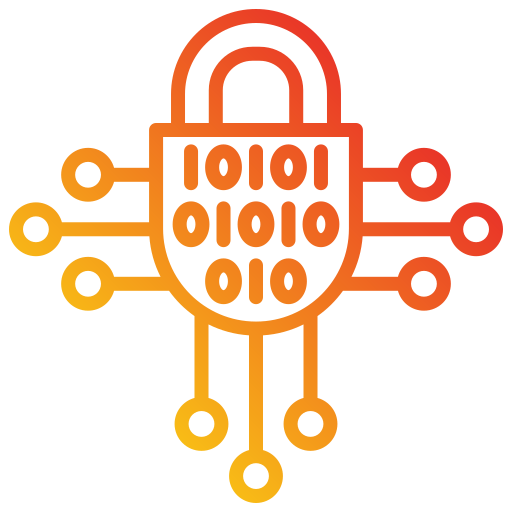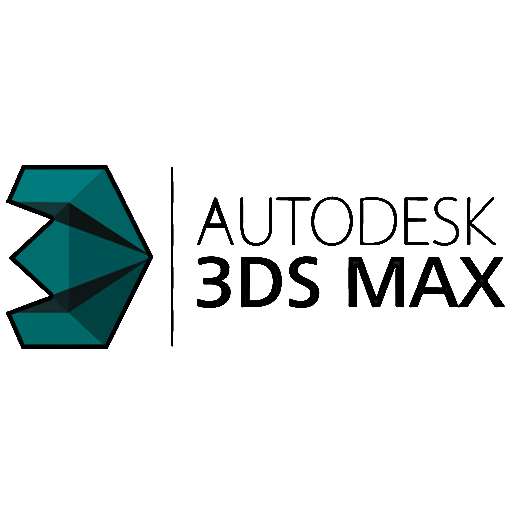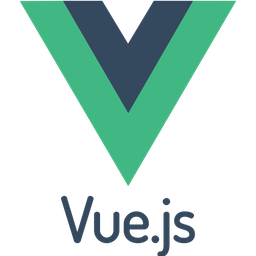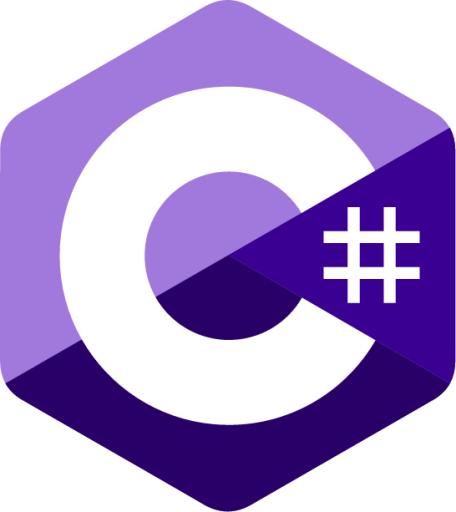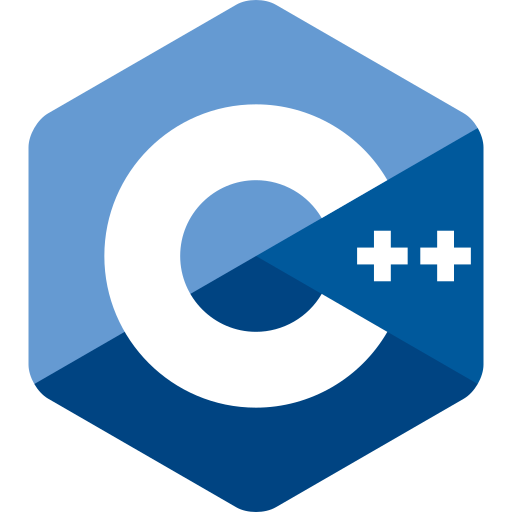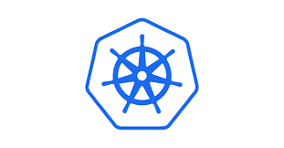Contents
What are the Essential Skills to look for while Hiring a Scala Developer?
How to Hire a Dedicated Scala Developer?
How Much Does it Cost To Hire a Scala Developer From India?
Hire Scala Developers: Get Future-Centric Solutions
Interview Questions to Hire Scala Developers
What are the Essential Skills to look for while Hiring a Scala Developer?
Are you a business owner or manager searching for a Scala developer who can take your projects to the next level? With its potent capabilities, Scala is becoming increasingly prevalent in software development. However, locating the right Scala developer for your team can be challenging. To make this process smoother, let's examine the essential skills you should be looking for when you hire a senior or junior scala developer:
- Proficiency in Scala
- Experience in Database
- Understanding of Various Programming Languages
- Familiarity with Big Data
- Knowledge of ETL Architecture
- Familiarity with Version Control Systems
The first and most prominent skill you should seek in a Scala developer is proficiency in the language. Scala is a practical and versatile language that combines object-oriented and functional programming paradigms. A skilled scala developer for hire should deeply understand its syntax, features, and libraries. You can ask probable prospects about their experience with Scala and the projects they have worked on. Besides, a reliable portfolio showcasing their Scala expertise can be an invaluable indicator. You can look for people who can write Scala code and present an understanding of its best practices and conversational style.
A strong foundation in database management is crucial for a Scala developer. They should be comfortable working with both relational and NoSQL databases. You must remember that database skills are essential for building data-driven applications and ensuring the reliability of your software. Therefore, question prospects' experience with database systems like MySQL, PostgreSQL, MongoDB, or Cassandra. Accordingly, you can look for developers who can develop efficient database schemas, write optimized queries, and maintain data integrity.
While Scala is the primary language of interest, a well-rounded Scala developer should also have a good grasp of various programming languages. This broader knowledge enables them to integrate Scala seamlessly into your existing tech stack and collaborate effectively with developers in other languages. You must check their ability to switch between languages and adapt to different project requirements, which is a valuable trait. It ensures your Scala developer can tackle various tasks and contribute effectively to cross-functional teams.
Today, data has changed how strategies are formed, so familiarity with big data technologies is a significant asset for your new hire. Scala is often used with Apache Spark, a popular framework for big data processing. If you hire scala developers with experience in Spark, you can help your business harness the power of big data analytics. You must ask the interviewee about their experience with big data technologies, mainly Spark. Besides, you can look for those who can demonstrate their ability to work with large datasets, design efficient data pipelines, and optimize data processing workflows.
Extract, Transform, and Load (ETL) processes are fundamental in data integration and analytics. Therefore, if you hire competent Scala developers, you should check if they possess knowledge of ETL architecture and are capable of designing and implementing ETL workflows. You can inquire about their experience with ETL tools and frameworks during the interview. Therefore, you can assess their ability to handle data extraction, transformation, and loading tasks efficiently and reliably.
You might agree that collaboration is key in software development, and version control systems are at the heart of efficient teamwork. Your Scala developer should be well-versed in using version control systems like Git. Hence, you can ask about their experience with Git, including branching strategies, pull requests, and conflict resolution. It’s because proficiency in Git ensures that your developer can collaborate smoothly with the rest of your development team.
How to Hire a Dedicated Scala Developer?
If you wish to hire scala developers, you must follow a meticulous process to ensure you get the right talent for your needs. Here's a concise guide:
- Handpick the Best Profiles
- Test for Cultural Fitness
- Conduct Live Code Assessments
- Certify Your Ideal Match
You must begin by meticulously reviewing candidate profiles. You should try to look for those that immediately stand out to you in terms of their technical prowess and professional background.
You must assess the developers' communication skills, thought processes, and approach towards people and problem-solving. It will ensure that you choose someone who aligns with your business's work culture and values.
You can implement live coding tests to evaluate their practical skills in algorithms, data structures, and stack-related concepts, ensuring their technical competency.
After thorough screening and testing, you shall certify developers who meet your technical needs and have experience in managing high-scale projects and fit well within your company's culture. It is essential to follow this final step, as it will help you hire a dedicated Scala developer who is ready to contribute effectively to your team.
How Much Does it Cost To Hire a Scala Developer From India?
As a business owner, if you are considering to hire a Scala developer from India, your cost will vary based on the employment model you choose:
- Freelance Scala Developers
- Part-Time Scala Developers
- Full-Time Scala Developers
You can expect to pay hourly rates typically ranging from $30 to $50. These rates can differ based on the developer's experience level and the specific requirements of your project.
If you opt for part-time assistance, the cost would align with the agreed hourly rate, which might hover around the lower end of the freelance rates, given the lessened hours of commitment.
For a full-time role, you'll be looking at a salary instead of hourly rates. It will depend on the experience of the developer, your business location within India, and the role's specific demands. So, full-time salaries can vary significantly but offer more stability for your business operations. Remember, while keeping costs in check is important, ensuring you balance this with the necessary expertise, experience, and quality of work is crucial for the success of your Scala projects. For more precise cost assessments, especially for part-time and full-time roles, you might want to consult local job markets or recruitment platforms specific to India.
Hire Scala Developers: Get Future-Centric Solutions
As a forward-thinking business owner, hiring a Scala developer from India is a strategic step towards innovation and efficiency. With varying costs of freelance, part-time, and full-time roles, you have the flexibility to choose a solution that aligns with your business's unique needs. If you hire a Scala developer, they will architect future-ready solutions, adept in bringing your visions to life. So, you can adopt Scala's blend of object-oriented and functional programming to enhance productivity and code quality in your projects. Remember, the right Scala developer is not just an employee; they are a catalyst propelling your business towards success and innovation.
Interview Questions to Hire Scala Developers
Here are some important interview questions to use when looking for the right Scala developers:
- What is Scala?
- What Does a Scala Developer Do?
- What are the benefits of using Scala?
- What is the difference between var, val, and def in Scala?
- What is the difference between concurrency and parallelism?
- What are higher-order functions?
- Explain monads in Scala.
Scala is an immensely scalable general-purpose programming language that combines object-oriented and functional programming paradigms. Scala has quickly emerged as a contender in data science, challenging more established languages like Java and Python for prominence. One key driver behind Scala's rise has been Apache Spark (written entirely in Scala), giving this general-purpose language its powerful reputation for data processing, machine learning, and streaming analytics.
As a business owner, understanding the role of a Scala developer is crucial for leveraging their skills effectively in your projects. Here’s what they do if you hire scala programmers: Design and Development: You'll find that Scala developers are experienced in the Scala programming language, concentrating on designing, developing, and maintaining scalable applications tailored to your business needs. They are capable of creating enterprise applications, often leveraging cloud platforms. Code Writing and Analysis: You can envision them writing code that aligns with your application specifications and conducting thorough software analysis. This guarantees that your applications are robust, efficient, and meet your business standards. Architectural Involvement: Scala developers will be involved in architectural development activities, ensuring the application architecture is in sync with your business objectives and technological best practices. Testing and Debugging: If you hire a Scala engineer, their crucial responsibility is to test and debug applications. They will recognize and correct issues to improve the performance and reliability of your applications. Process Improvement: They will recommend modifications to application processes and infrastructure, contributing to overall efficiency and effectiveness in your development process. Collaboration and Documentation: You know that effective collaboration across teams is crucial. Scala developers will document the entire development process, from conception to final output, ensuring clarity and continuity for your projects. Technical Proficiency: They possess strong technical skills in Scala and other object-oriented programming languages. Their knowledge of big data technologies, ETL architecture, and cloud platforms like AWS is often essential for your project's success. Understanding these responsibilities will help you make informed decisions if you hire a dedicated scala developer. Further, ensure they align with your business goals and contribute effectively to your project's success.
Scala was developed to enable programmers to utilize both OOP and FP together. Its combination of OOP concepts, such as first-class modules, dot syntax, first-class type classes/instances with higher-order functions, and pattern matching, makes for a powerful yet simple programming experience. Scala boasts several other advantages over Java, such as type safety, concise syntax, flexibility, and scalability. Being built upon the JVM, Scala is both compatible with and interoperable with it, performing many of its same tasks with fewer lines of code without compromising readability.
The var keyword allows you to declare variables, which are changeable references to values. The val keyword allows you to declare constants whose references remain constant over time. Finally, def can be used to declare functions and methods.
Concurrency refers to the ability to manage multiple things at the same time, like web servers handling multiple requests simultaneously. In Scala, when one task starts, another task doesn't have to wait for it to finish before starting. Scala implements concurrency through actors that allow concurrent programs. Parallelism refers to the simultaneous execution of tasks. This usually involves breaking up tasks into smaller subtasks that can be processed simultaneously across multiple threads or cores. Parallel collections, futures, and the Async library in Scala all offer examples of parallelism.
Higher order functions, or "higher-order functions", are functions that take other functions as parameters or return other functions as results. Examples of such higher-order functions include map, reduce, and filter functions - they form the cornerstones of modern data analytics.
Monads are functional programming design patterns that facilitate managing complexity through composition. If you come from an object-oriented background, it may help to think of monads as type amplifiers (such as Nullable in C#) with specific operations ("unit" and "bind") that enable the composition of functions operating on amplified types.




































